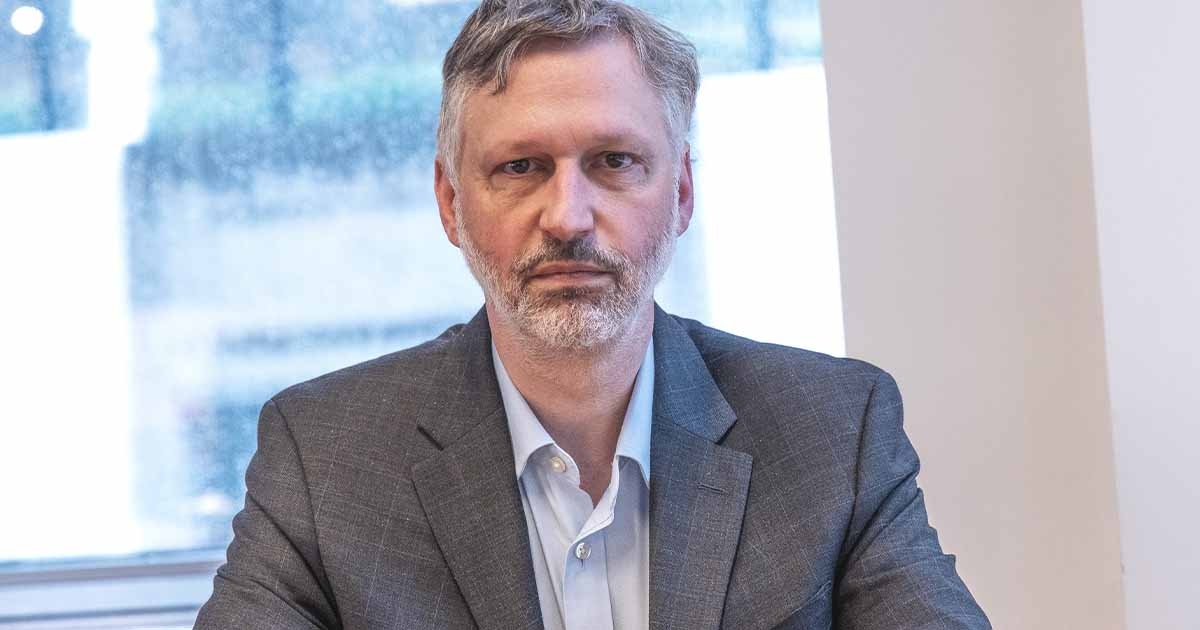
@ShahidNShah


Why wait 10 days to see a dermatologist when an AI app with nearly the same accuracy as a clinician can treat you the same day? That's a question providers may soon have to answer, says Mount Sinai's interim chief digital and information officer.
Healthcare organizations are increasingly adopting generative AI to enhance clinical and financial outcomes. While there's excitement, caution prevails to avoid hasty implementation. The idea that AI could replace doctors is generally dismissed; instead, AI is seen as a tool to augment doctors' capabilities.
Dr. John Halamka from Mayo Clinic asserts that if a doctor could be replaced by AI, they should be. Dr. Bruce Darrow of Mount Sinai Health System offers a more nuanced view, acknowledging that while AI might handle some clinical tasks where its accuracy matches that of doctors, it will largely serve to support rather than replace them.
Darrow highlights the public's growing interest in AI, sparked by tools like ChatGPT, which made AI's potential more tangible by providing accessible, useful information. He emphasizes that AI in healthcare is currently focused on enhancing doctors' efficiency and accuracy, such as in radiology where AI can prioritize critical cases.
In the future, AI might take over more tasks, particularly those involving pattern recognition, like diagnosing skin rashes. If AI can achieve similar or better accuracy than doctors, patients might prefer AI solutions for their convenience. Nonetheless, Darrow believes doctors will remain essential, especially for complex and nuanced medical care.
Read on healthcareitnews.com
Continue reading at healthcareitnews.com
AI will become part of the daily routine of radiologists soon. So rather than getting threatened, we should understand how it changes its future. What if an algorithm could tell you whether you have …
Posted Jun 18, 2024 Artificial Intelligence Radiology Radiology Interpretation AIMachineLearning
Connecting innovation decision makers to authoritative information, institutions, people and insights.
Medigy accurately delivers healthcare and technology information, news and insight from around the world.
Medigy surfaces the world's best crowdsourced health tech offerings with social interactions and peer reviews.
© 2025 Netspective Foundation, Inc. All Rights Reserved.
Built on Apr 17, 2025 at 6:07am